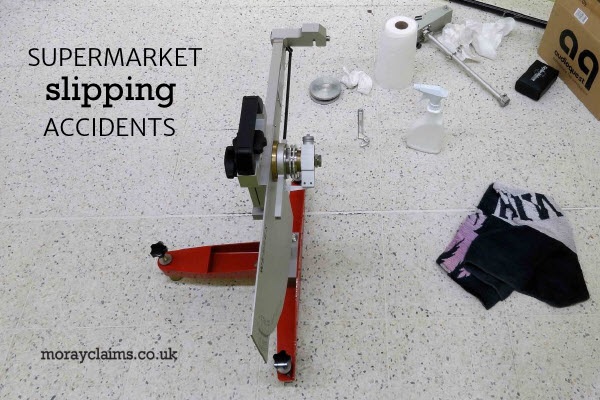Growing up in the U.S. in the middle of last century, Irving Naxon’s mother told him stories of her own childhood in a small village in Lithuania.
Every Friday afternoon, she took a pot of uncooked stew to the local bakery, where it was placed in the oven. While everyone observed the Jewish Sabbath on the Saturday, the dish simmered in the slowly cooling oven. By evening, it was cooked to perfection and ready to be collected and eaten by the family.
Naxon was inspired by this story and, throughout the 1950s and 1960s, sought to develop a way of cooking which was both economical and environmentally friendly. His invention was the Naxon Beanery – a pot surrounded by a heating element which mimicked the cooking method from the Eastern European bakery. The ‘slow cooker’ was born.
When Naxon retired in 1971, he sold his business. The new owners refined the cooker’s design and renamed it the Crock Pot. Today, crock pots are integral to American cooking: they’re low-effort, efficient and time-saving. It could be described as cooking on autopilot.
‘Autopilot’ is a state we often find ourselves in during a visit to the supermarket.
The weekly shop is no one’s favourite pastime. We tend to visit the same supermarket over and over. Our familiarity with the layout and ‘wishing we were somewhere else’ causes us to engage our brains as little as possible. It also makes us more vulnerable to accidents in an environment where any ‘foreign’ substance on the floor can make it dangerously slippery.
Supermarkets can be risky environments for a number of reasons.
Most UK supermarkets have smooth floors of the terrazzo type
This type of surface (illustrated in the photograph at the top of this article) affords a good level of slip resistance when it is dry. When it gets wet or otherwise contaminated, however, it tends to be very slippery indeed.
The standard ‘pendulum slip resistance test’ (the above photograph shows a test in progress) advocated by the Health & Safety Executive will typically give such a floor a rating above 50 out of 100 (i.e. low slip risk) when dry. A wet supermarket floor can give a reading as low as 14, in our experience. Anything less than 24 denotes a high slip risk on this scale.
Contaminants on supermarket floors tend to be transient
Examples of things which can make the floor slippery are:
• Foodstuffs, such as yoghurt
• Grapes and other small fruit
• Water (near the cut flowers section is a hot spot)
• Plastic wrapping
The hazards are often hard to identify
This can be because the items are small (e.g. a single grape) or even camouflaged (e.g. colourless liquid).
The consequences can be significant
An elderly person who slips and falls in a supermarket will often suffer a broken wrist or ankle. Such injuries can be life-changing in terms of dexterity and mobility.
How the law makes allowances for shoppers on autopilot
We have seen how consumers have reaped the benefits of ‘cooking on autopilot’ via the crock pot. How does the law compensate for the possible negative consequences of shoppers on autopilot?
Normally, if you are out and about, the law expects you take reasonable care for your own safety by keeping a good lookout where you are going. You should be able to identify and avoid possible hazards at ground level. In supermarkets, on the other hand, the whole design of the premises tries to divert shoppers’ attention from the floor to the shelves.
The added danger created by the supermarket environment has resulted in the courts being lenient to shoppers when it comes to contributory negligence. In a non-supermarket slip or trip case, contributory negligence is regularly assessed at 20% and sometimes as high as 50%. But, in many supermarket cases, it will be nil – the reason being that the shopper was legitimately looking elsewhere than at the floor in front of them when they encountered the hazard which caused them to fall. With 0% contributory negligence, the shopper will recover full compensation.
How we can help
If you have any questions about the content of this article on supermarket slipping accidents, or any aspect of our personal injury claims services, please get in touch. You can contact Marie or Peter in our Elgin office on 01343 544077 or send us a Free Online Enquiry.
All enquiries are free of charge and without obligation.
Links you might like
The following articles on our website deal with other aspects of slipping and tripping accidents:
